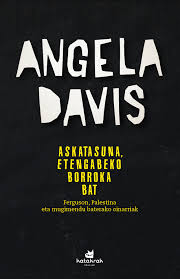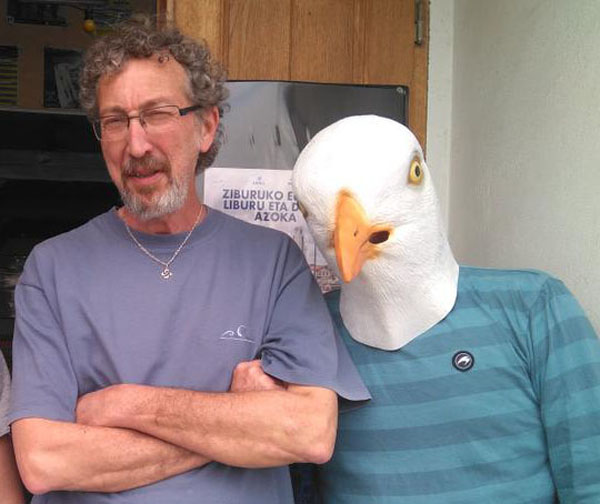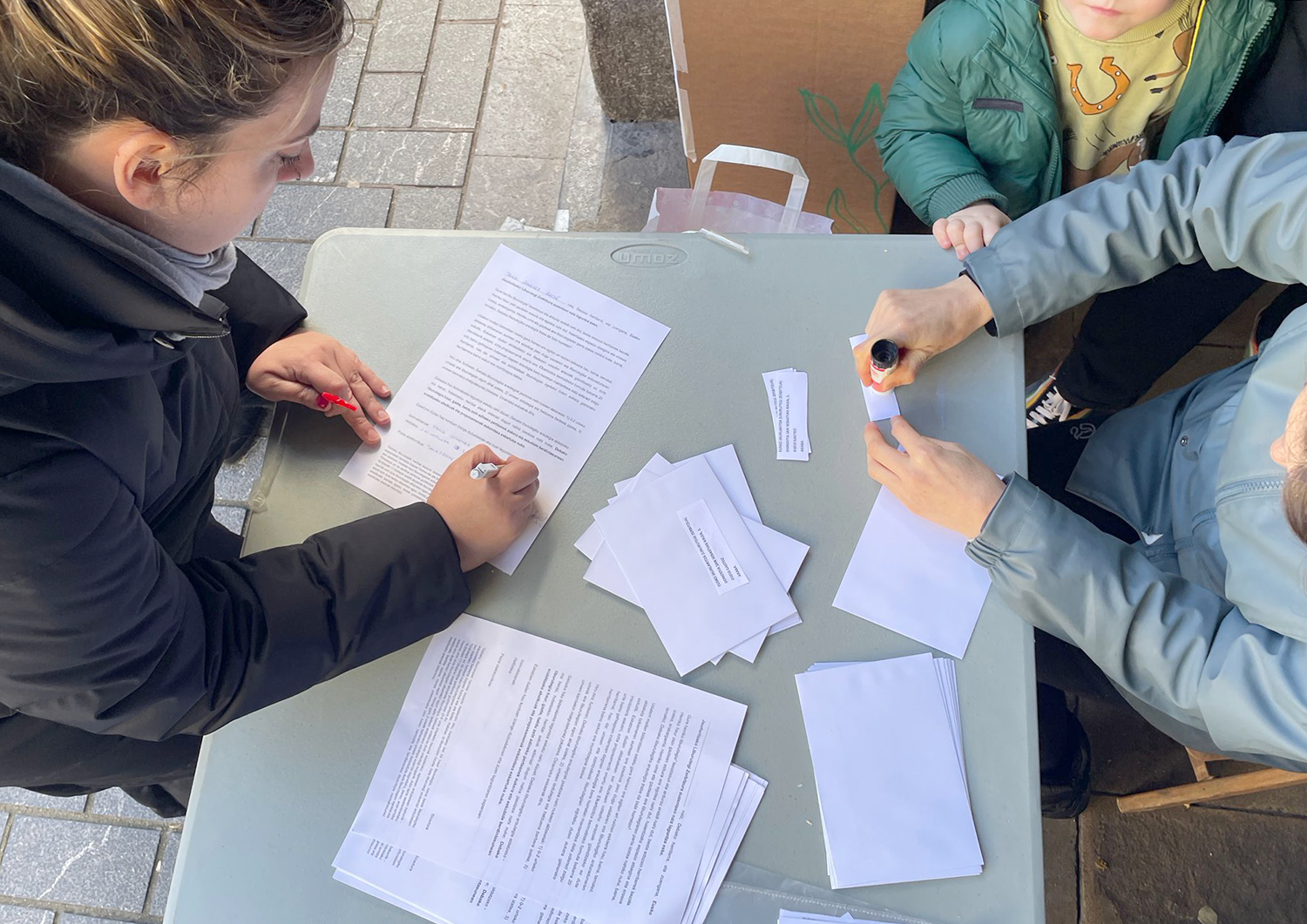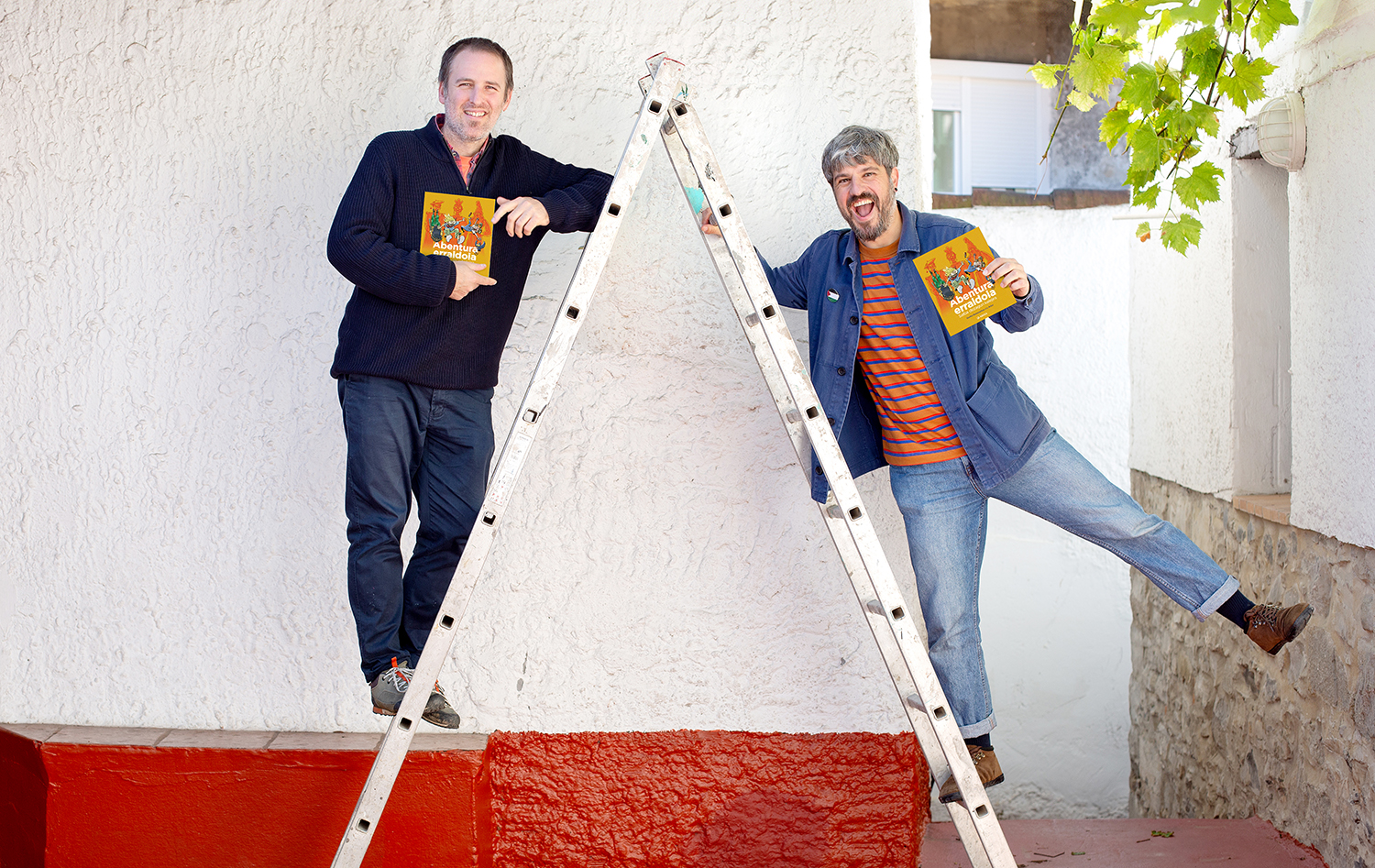Literary and life ethics

Last October, Elhadji Ndiaye, a young Senegalese who died in a police station in Pamplona/Iruña. In the multitudinous post-death manifestation, after a violent arrest, the cries of "Black Lives Matter, Life is the greatest" and "A lot of police, little justice" were heard. The book by Ángela Davis begins in Basque with a photo of that act.
It could also have begun with social mobilization to release the seriously ill prisoner Oier Gómez. Or looking at the poster of the latest anti-LGBTBIphobia rally in Donostia: “Neither here nor anywhere. Solidarity with Chechnya”. Or when on May 19, the Ertzaintza and Iberdrola entered the occupied district of Errekaleor in Vitoria-Gasteiz, taking into account the resistance of the neighbors and the solidarity received on social networks and on the street.
In the interviews and lectures contained in the ten chapters of the book, the author emphasizes that in order to achieve freedom we must become involved in the “permanent struggle”. To transform society, as “structural violence of the State”, systemic changes are needed, and to do so the mass movement: to raise awareness, organize and mobilize people.
We have intersectionality to get social justice: weaving links between struggles, meeting people's needs, not capitalist profits. Because it says that solidarity entails “mutuality”, so one cannot speak of racism, machismo or classism.
Also, although it gives priority to action, it says that we have to reflect on ideas and words, that is why it tells us about activist researchers, because with practice we have to complete the discourse.
Therefore, considering that the “personnel” shown by feminism is political and that “what affects one affects us all indirectly”, Martin Luther King calls for the unification of struggles through “transnational solidarity”.
The murder of Fergunson, the complex prison industry and the oppression of Palestine are some of the pages on which we will find, among others, the one that came last February to the conference “La Cárcel y la Mujer” and the author who had the most books in the news of last year’s Durango Fair (her biography, her best-known book, the “record book” of the days, and the one we present here).
You also enter the universe of Ángela Davis and, as Hedoi Etxarte says, dream, work, discuss and weave, or act and think, that is, follow both. Because literature also has epic, non-fiction, essay. Post-aesthetic ethics.
Party and recreation. Oral History of Rock Radical Vasco
Javier 'Jerry' Corral
Books, 2025
------------------------------------------------
Javier Corral ‘Jerry’ was a student of the first Journalism Promotion of the UPV, along with many other well-known names who have... [+]






















